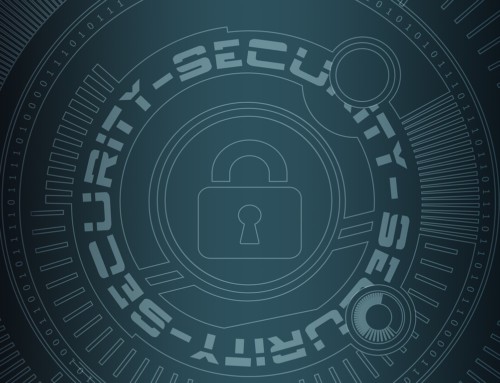
In the digital age we live in we can’t imagine our lives without being connected on the Internet. We use services which we either voluntarily or involuntarily let to record every step we take online. Moreover, our Internet connections go through our Internet Service Providers, which in different parts of the world are allowed to track and sell our personal activity online.
So, what happens online is Online profiling of users. Tech companies or ISPs are collecting information about Internet users and their online behavior to create a profile of their tastes, interests, and purchasing habits. It is more sophisticated, efficient, and powerful version of the old traditional demographic segmentation studies done by marketers.
Information gathered on Internet users are put in large databases which are organized in such a way to help draw conclusions about your behavior and interests.
The information can be collected in an either:
- Explicit way - means that the customer is aware the data is being collected, allowing him or her to react in some way.
- Implicit way - proceeds without user’s knowledge.
While the explicit data collection may cause customers to change their online habits, because they know their data is being collected, implicit data collection, has the advantage of appearing less intrusive, so users have no pressure to change their behavior.
Online profiling begins once the host computer - the Web site being visited - places a “cookie” on the end user’s computer. The cookie, which is a unique identifier, then transmits information back to the host computer. This information allows a business to track an end user’s page views, the length and time of the visit and responses to advertisements. Purchases and search terms entered by the end user can also be tracked.
Companies can develop sophisticated profiles of their end users through personalization software.
The risks
A typical application of online profiling is to build a profile of a user and then target that user with personalized ads across different sites. While the information websites collect about users is not inherently bad and may be used only to improve online services, in some cases this data is shared with third parties.
So, these practices have come under intense scrutiny, because anyone collecting this kind of information could make it available to anyone else for any purpose.
Many lawmakers and privacy advocates say they’re concerned that online profiling can be used to learn a customer’s political and religious views, sexual orientation or medical conditions - information that can be sold and shared in a networked world.
Online companies want to become more than they are and be the crucial, indispensable core of their users’ lives. They want anything that can be done online to be done on their platform.
Moreover, with all the data online companies have on their users’ behavior, they could at any moment transform in “social credit system”— a national reputation system being developed by the Chinese government to standardize the assessment of citizens’ and businesses’ economic and social reputation. The system gives credit scores to the citizens that changes based on their or even their connections’ behavior. This surveillance system could be used to restrict freedom of speech and personal expression.
Providing data to the multinational corporations doesn’t seem as threatening at the moment for a regular Internet user. However, more and more people are getting aware of this and are taking actions to protect their privacy.





Leave A Comment